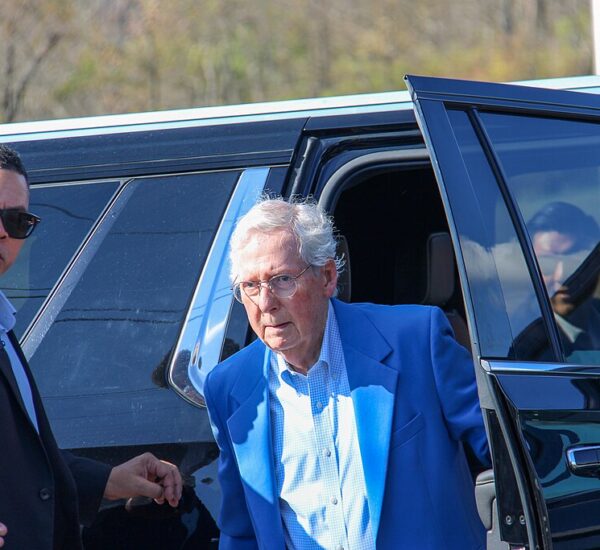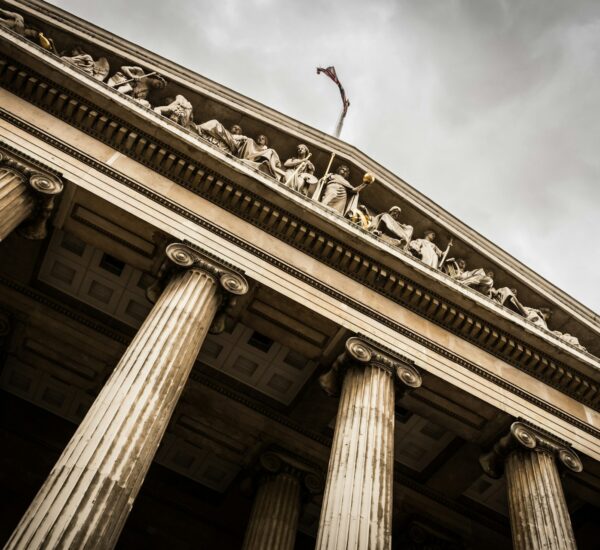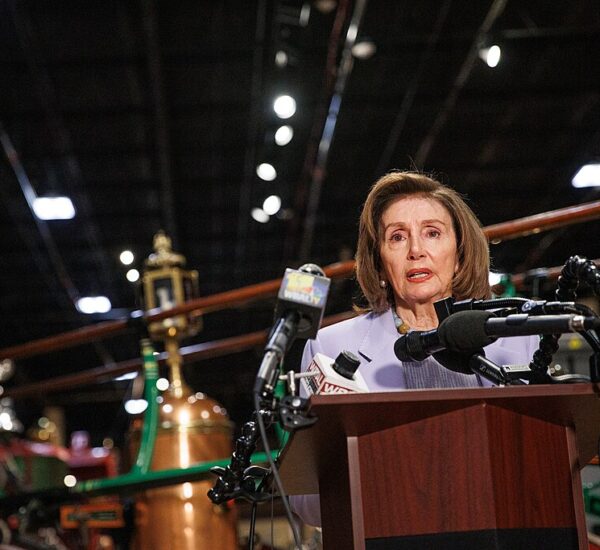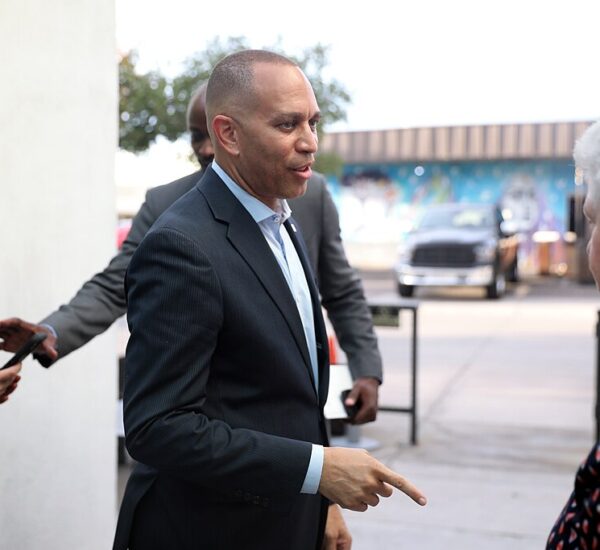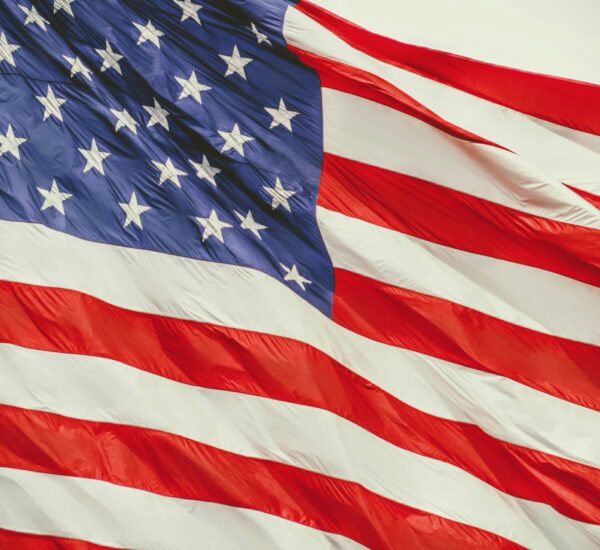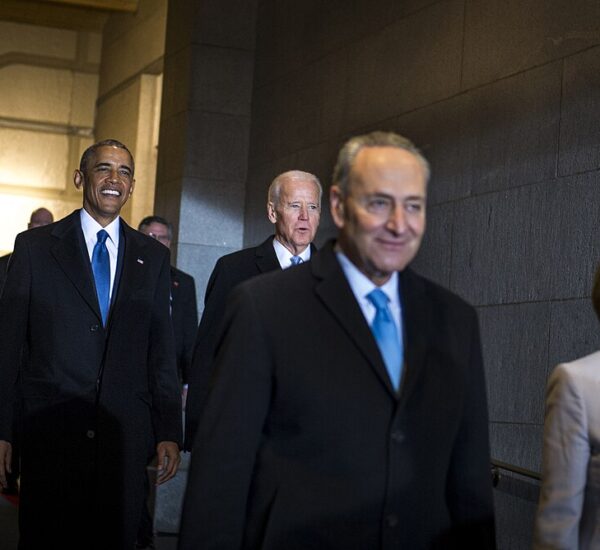Trump Gets Another Supreme Court Win
A Historic Win for Religious Freedom, School Choice, and Parents’ Rights Could Be Near
In a pivotal Supreme Court case, the future of faith-based education in America is hanging in the balance. Conservatives on the Court appeared open Wednesday to allowing taxpayer funding for a Catholic charter school in Oklahoma—a move that could redefine the role of religion in public education.
The outcome could set a national precedent, paving the way for Christian parents to have real choices in education, using public funds without sacrificing their values.
A Crucial Case for Faith and Freedom
St. Isidore of Seville Catholic Virtual School has become the focus of a legal showdown. The school seeks to operate as the first publicly funded religious charter school—something the left and liberal justices are fiercely fighting to block.
But Chief Justice John Roberts—often seen as a swing vote—seemed increasingly sympathetic to the school’s case, drawing comparisons to a 2021 ruling where the Court said Philadelphia couldn’t exclude a Catholic foster agency simply because of its religious beliefs.
“We said that kind of discrimination isn’t allowed,” Roberts noted. “So what’s the difference when it comes to education?”
Barrett Recusal Shifts Dynamics, But Hope Remains
Justice Amy Coney Barrett, a devout Catholic and known advocate for religious liberty, recused herself due to personal ties to a Notre Dame professor representing St. Isidore. That leaves five remaining conservative justices—who must now form a united front to uphold the Constitution’s protections for religious expression.
Liberal Justice Sonia Sotomayor argued that public funds shouldn’t support religious instruction. “We’re not supposed to pay religious leaders to teach religion,” she claimed.
But for millions of Christian families, that’s exactly the problem—their values are excluded from the classrooms they fund with their own taxes.
A Fight Years in the Making
After initial rejection, St. Isidore revised its application and gained approval from Oklahoma’s charter school board. But progressive Attorney General Gentner Drummond sued, and the state’s top court sided with him—setting the stage for this critical U.S. Supreme Court appeal.
Now, school choice and freedom of religion are front and center.
James Campbell of Alliance Defending Freedom—a respected legal group protecting religious rights—argued that the school should not be excluded simply because it’s religious. He pointed to similar Supreme Court victories in Maine, Montana, and Missouri, where justices ruled religious institutions could not be denied access to public benefits.
Trump Administration Backs the School—and Religious Parents Nationwide
The case has drawn support from the Trump administration, which has prioritized protecting Christian education and expanding parental control over schooling.
Solicitor General D. John Sauer, in his first appearance before the Court since his confirmation, emphasized the importance of preserving independent, faith-driven education options within the charter school framework.
He told the Court: “Parental choice, private innovation, and religious freedom are at the heart of this program—and the Free Exercise Clause must apply.”
What’s at Stake: More Than Just One School
This case is one of several this term dealing with the intersection of faith, family, and public policy. Others include whether Maryland parents can opt out of LGBTQ-themed books, and whether Catholic charities can be forced to pay state unemployment taxes despite religious objections.
A decision on St. Isidore’s future is expected by late June or early July—and it could open the door for a nationwide movement of publicly supported Christian schools, offering parents freedom from woke curriculum and government overreach.
Bottom Line:
If the Supreme Court rules in favor of St. Isidore, it will be a major victory for religious freedom, school choice, and President Trump’s commitment to restoring faith in America’s institutions. Millions of Christian families could soon see a brighter future for their children’s education—one where they don’t have to choose between values and opportunity.

